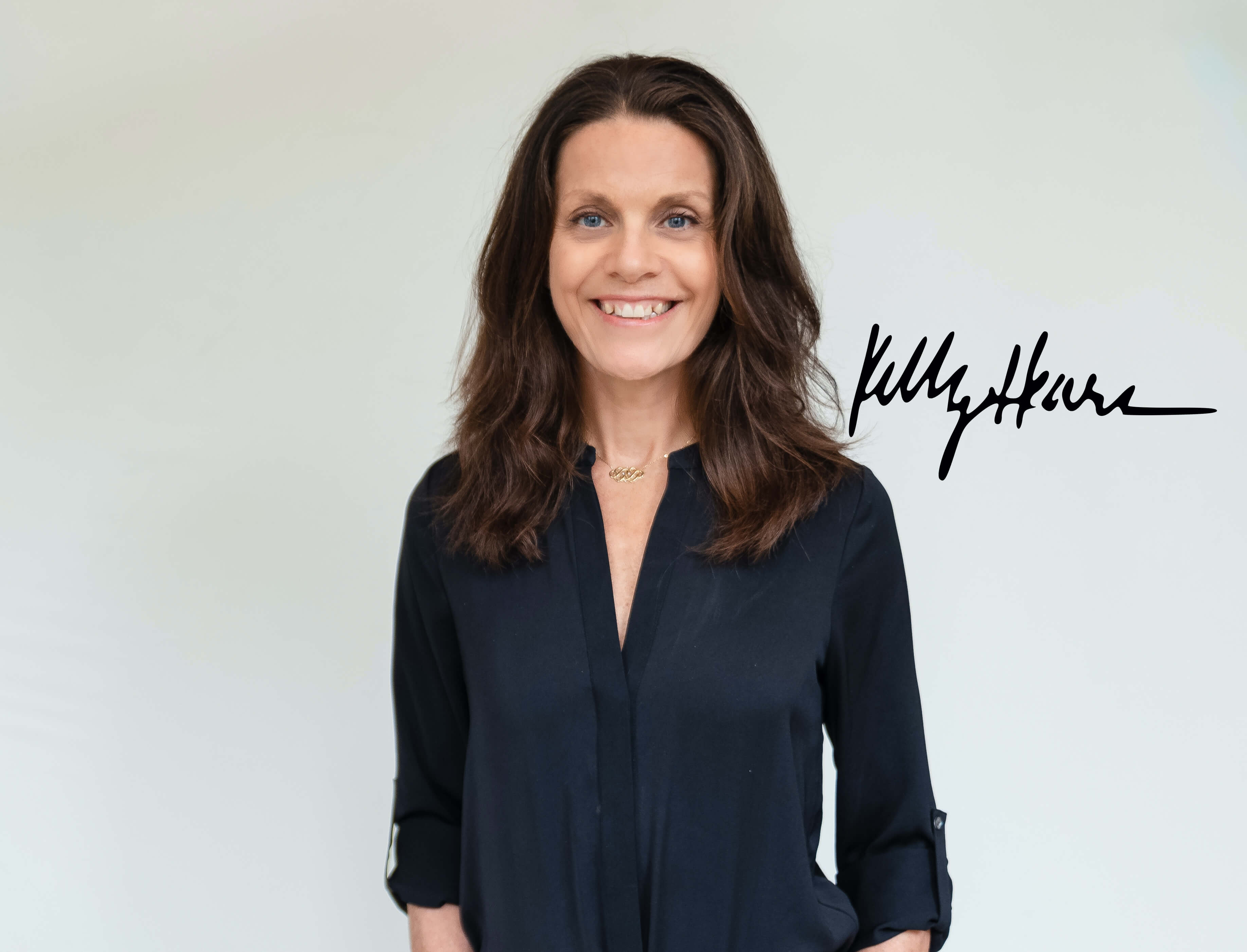Dear therapist,
I'm a woman in my mid-forties and feel like I'm going through the stereotypical midlife crisis. The last couple of years have seen huge changes. My marriage ended, I moved house, I changed jobs...many of these external shifts needed to happen but I'm still left with the sneaking suspicion there is more work to be done. I just don't know what!
For the first time in my life, I don't have a 'grand plan' and this is causing me enormous anxiety.
Signed,
Midlife without a map
Dear Midlife,
There is an adage that we spend the first half of our lives figuring out who others want us to be and the second half figuring out who we want to be.
Our childhood and 'first adulthood' up to about age 40 incorporate our instinctive need to belong - humans are social animals who historically survived as part of the wider group. We learn what is expected of us and mould ourselves accordingly with family and cultural beliefs. Acceptance is the name of the game. Daughter, sister, wife, mother, career woman are a few of the many roles women may take on when finding our place in the world. It can feel like we are climbing a mountain, the trail clearly demarcated. We anticipate 'arriving' at the summit somewhere near midlife after which we can stop and enjoy the view. And it is beautiful for a while. But then an unanticipated disillusionment: the landscape has changed. Some of our roles no longer fit comfortably, some of the goals achieved feel hollow. We become aware there is another leg to our journey, another mountain to climb.
There can also be a sinking feeling when we realise there is no map. That the tools and equipment needed for this stage are markedly different from those we've relied on thus far. As disheartening as this is to discover, it is also the 'good news.' The second adulthood allows - even requires - the development of an inner compass that replaces any externally-supplied GPS. We may not even be aware of our undeveloped instrument as it wasn't needed in early life when we relied on established trail markers.
While we can ultimately get to a positive experience of this second mountain, we first need to acknowledge that the in-between stage can leave us sitting with a range of difficult emotions. Change inevitably includes loss and letting go. A loss of old ways of thinking and living and being - jobs, relationships, aspects of our bodies, health or our very identity - shift to make space for the new. We feel the loss first, and can become anxious awaiting what will arrive to fill the void. What new and vital aspects of self might emerge? And why aren't they emerging already?! The enormity of these changes cannot be underestimated nor rushed through. Numerous endings, precarious new beginnings. Take comfort in knowing the 'middle passage' is feature of the human experience, not an aberration.
When the big questions about 'what's next?' are overwhelming or unclear, we can start small. Ask yourself: What do I love to eat? And arrange this for dinner. What do I love to do for no reason at all other than pure enjoyment? And make it happen. In this way, we start to nurture a connection with and build trust in that inner compass. We can then turn to it more regularly with ever-bigger questions.
As I type, I'm reminded of the frequently quoted but less-frequently internalised words of the late poet Mary Oliver: 'You do not have to be good. You do not have to walk on your knees for a hundred miles through the desert repenting. You only have to let the soft animal of your body love what it loves.' This counsel may not offer a 'grand plan,' but seems an important ingredient of any emerging one.
Yours,

Do you have a question for Dear Therapist? Send it to [email protected] with Dear Therapist in the subject line and Charlotte Fox Weber or Kelly Hearn will get back to you.

